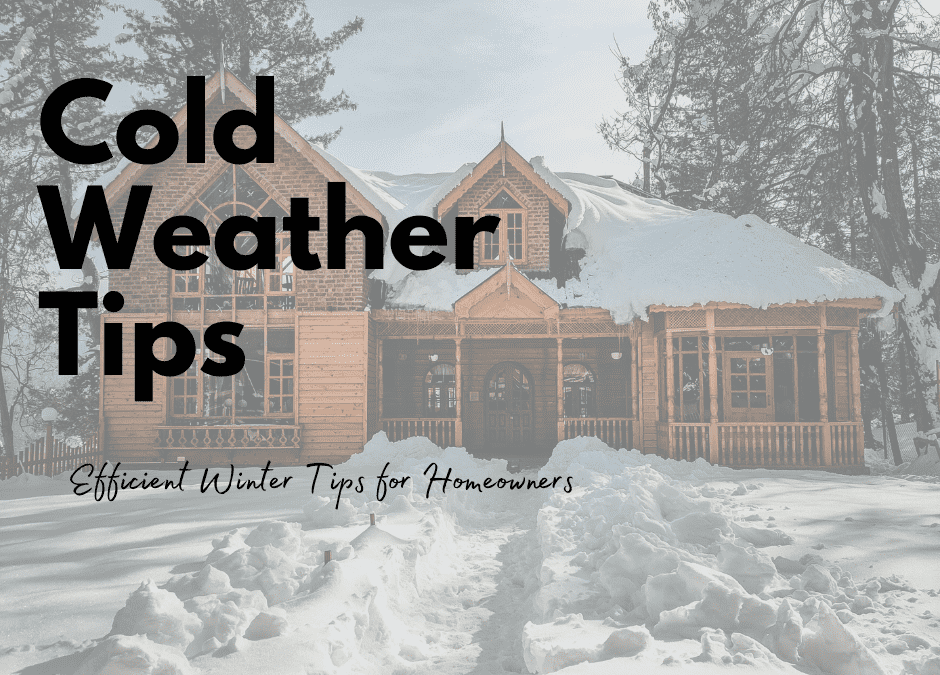Rising Costs of Heating Your Home this Winter
Heating bills are expected to increase by 17% across the country—costing about $177 more on average and reaching the highest cost in more than a decade, according to a report by the National Energy Assistance Directors Association.
But, how you heat your home and where you live will dictate how much your heating bills will increase.
We have compiled a few tips to help you gauge safe temperatures in your home while monitoring cost at the same time.
- Set the thermostat at a minimum temperature of 55 degrees…on bitter cold days perhaps increase the temperature
- Leave the heat on when you are away for even a few days
- Turn off water to outside faucets
- Insulate windows
- Close storm windows that you might have opened during the summer
- Be careful if you use space heaters
- Let us know if your home is vacant or unoccupied for more than 30 days to avoid important vacancy exclusions
- Make sure your furnace is in good working order:
- Have your furnace cleaned and serviced
- For forced hot air furnace, change dirty air filters frequently
- Request a home energy assessment from your provider
- Make fire place and wood stove safety a priority:
- Sweep chimneys
- Place ashes in metal containers (not plastic or paper)
- Keep combustibles a safe distance away from open fire
- Use monitors to keep your home air safe
- Install programmable thermostats
- Move furniture away from vents, registers, and radiators
- Stop drafts… install door sweeps and seal windows
- Lower the temperature of your hot water heater
For more information on the rising costs of heating your home, click here.
We are here for you.
Contact our office for assistance: (617) 367-4900


